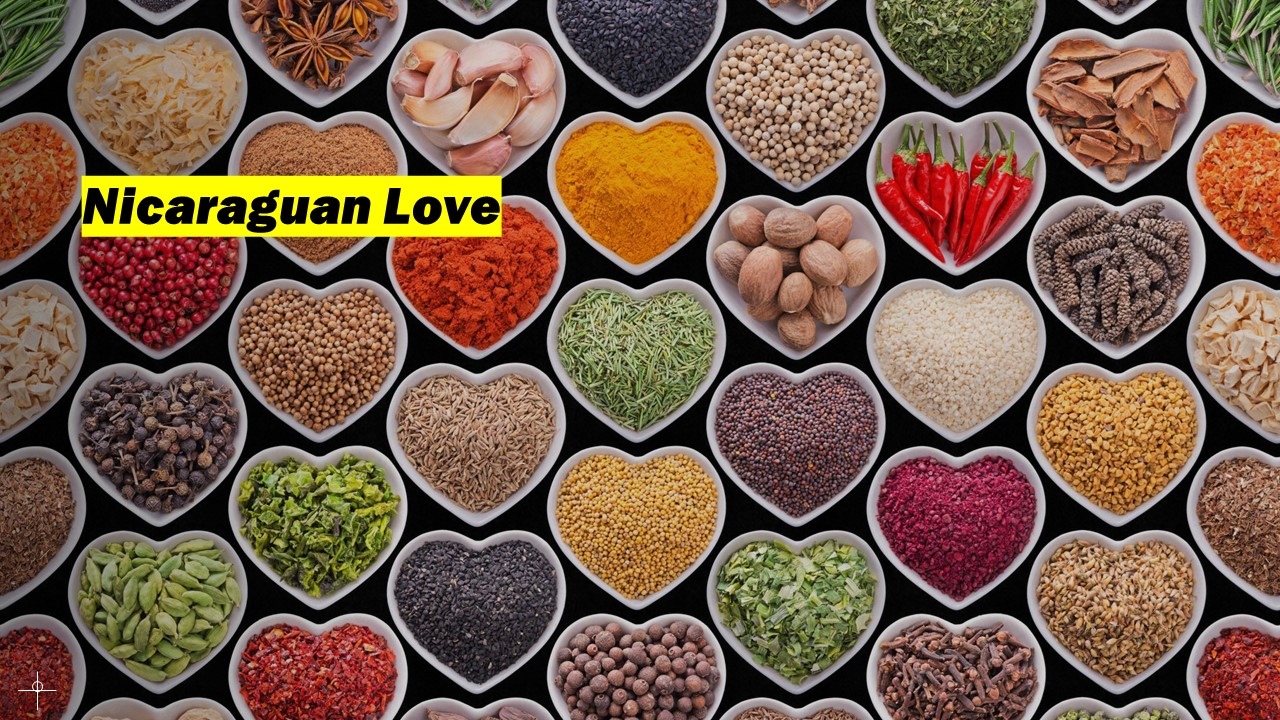The cultural practices of Nicaraguan love have many specifics related to the country’s patriarchal way of life and gender inequality in relationships and marriages. Gender inequalities are prevalent in traditional patriarchal societies. However, gender relations in Latin American countries and Nicaragua are culturally specific and different from those in many other societies.
The Latin American cultural norms of “machismo” and “marianismo,” which show the masculinity of men and the femininity of women, are the source of these different gender roles.
So, what do love and relationships look like in this Central American society? Let’s look at the case of a small coastal town, San Juan, located in the southwest rural area of Nicaragua.
The Hierarchy of Gender Roles in Nicaraguan Love
In Nicaraguan patriarchal culture, like in other Latin American societies, there is a social hierarchy of gender roles. Men have a higher social standing than women. They have more behavioral affordances than women. In a relationship, their culturally normative rights are unequal. According to cultural norms, men should be dominant, whereas women should be submissive.
The different gender roles come from the Latin American cultural norms of “machismo” and “marianismo,” which show that men are strong, and women are weak. In Nicaragua, though, machismo and patriarchy have a strange twist on family structure and relationships (Karandashev, 2017).
Latin American Machismo and Marianismo in Nicaraguan Love
Machismo is a part of the male culture in Nicaragua. They have a lot of free time, which they spend idling and chatting in their peer groups, drinking, gambling, and going on risky adventures. Men can do whatever they want. They are proud of being on their own among other men and bragging in front of others.
Many men spend little time taking care of their families. Yet they expect that the women will take care of them by cooking, cleaning, and doing laundry. Men can do whatever they want. They are proud of being on their own. Social norms allow men a lot of freedom in their sexual conduct and extramarital affairs. Nicaraguan culture assumes men to be active sexual beings. They may be good at sexual love and reproduction but less good at pair-bonding because macho culture teaches them certain values and skills but not others.
On the other hand, Nicaraguan women should follow the “marianismo” ideal, just like many Latin American women in other countries. A woman’s typical roles in Nicaraguan marianismo are to be a “good woman,” a “good wife,” a “good mother,” and to be docile and caring for her husband and children. Women serve men and give them as much freedom as they want in what they do and how they behave. On the other hand, cultural norms limit women’s sexuality and strongly condemn their extramarital affairs. Women are thought to be passive, emotional beings. (Hagene, 2010).
Do Nicaraguans Know About Romantic Love?
Nicaraguan men and women are well familiar with what romantic love is. TV shows, Latin American romantic movies, and telenovelas are the main sources of their romantic images and scripts. People in San Juan habitually watch romantic movies and “telenovelas” on TV, which present charming and captivating love stories.
Passionate love, sexual affairs, intrigues, and deceptions are intricately linked in these romantic stories. Although true romantic love encourages commitment and sexual fidelity, infidelity turns out to be a cultural reality in Latin American love relationships.
The Romantic Beginnings of Nicaraguan Love
In romantic love, men and women play different culturally normative roles. They are unequal in several regards, which are advised by culturally normative Latin American stereotypes of machismo and marianismo. Machismo and marianismo are culturally prescribed roles that have a significant impact on men’s and women’s love and family interactions.
According to the stereotypes of machismo, men are supposed to be assertive and dominant. Men have lots of autonomy in their lives, behaviors, and social relations. Men are supposed to show masculine manners, superior status, powerful strength, pride in themselves, and benevolent dominance in relationships with women. The culturally normative Latino macho men take the initiative in romantic courting, dating, and sexual activity. Conquering a woman is very romantic for them. They romantically enjoy sexual affairs rather than pair-bonding. Their macho culture advises them first, but not second.
According to the stereotypes of marianismo, women are supposed to be dutiful and submissive. Women have limited autonomy in life, behavior, and social relations. Women are supposed to display feminine manners, weakness, humble status, shy character, and altruistic dependency in relationships with men. The culturally normative Latina woman accepts a man’s leadership and guidance in romantic encounters and dating. She is attentive to men’s needs, responsive, agreeable, and amiable. The expectations of prospective marriage, family, and children are very romantic for them. They romantically enjoy the man’s wooing her, his commitment, and his promise to marry, pair-bond, and have children together. Their marianismo culture tells them all these things more than sexual love (Karandashev, 2017).
However, the following relationships give them experience of bittersweet Nicaraguan love associated with the necessity to have divided love.
